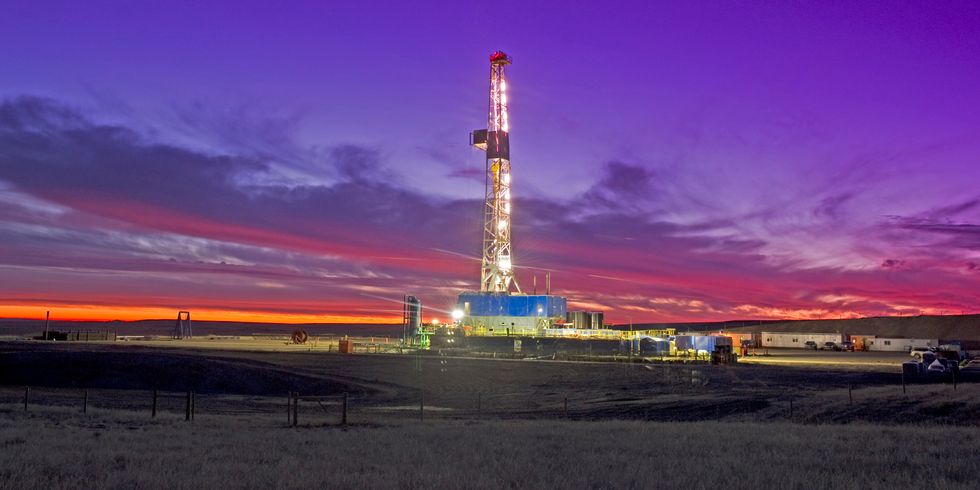Fracking is a relatively new technique for extracting natural gas or oil from shale deposits deep underground. Fracking is performed by forcing very high pressured water and chemicals deep underground where oil or gas deposits are in an effort to flood them up to the surface where they can be utilized by consumers.
However, it has been met with great controversy as environmentalists and inhabitants of the areas around the proposed location fight the idea with great vigor. The pipeline, in their view, ends up doing more harm than good. While this is a reasonable assumption, there have not been enough studies done to determine the functionality of the pipeline concept.
On one hand, the natural gas extracted from fracking can reduce the need to go overseas to places such as Afghanistan and Saudi Arabia by bringing the gas industry to the homefront. On the other hand, the process of installing the pipelines that transport the gas and oil extracted from underground can cause destruction of the dirt surrounding the pipes and runs the risk of polluting groundwater if something goes wrong with the pipeline system.
The main benefit of fracking was mentioned previously by stating that the installation of a pipeline would get the United States out of the Middle East. The Middle East is currently the world's supplier for oil, but with the threats of terrorists and general unrest in the area, moving the production of oil and gas to the United States would not only save money on imports, but it would also reduce risks of aggravating the terrorist groups in that area.
A pipeline in the United States that transports natural gas and oil around the country would also greatly reduce gas prices because it would cut the costs of importing. A pipeline would also potentially help avoid the skyrocketing of gas prices like those being seen currently in Texas because the fracking system would continue to extract gas and oil regardless of natural disaster surrounding it so long as the pipes are made to be durable and reliable.
Fracking can actually reduce greenhouse gas emissions. With the production occurring deep underground, it eliminates the need for oil wells and similar structures from pumping harmful gases into the atmosphere, thus reducing the risk of the theorized climate change. And if the fear of a pipeline breaking or being damaged is scaring people, if such an instance occurs, the introduction of fuel-consuming organisms can prevent pollution and destruction of the surrounding areas of the pipeline.
Fracking and the pipelines provide thousands of jobs. The economy would have many jobs added because there would be a need to have people to build as well as harvest and maintain the systems, thus putting revenue back into the economy and improving the United States' global standing on unemployment and Gross Domestic Product (GDP).
Fracking would put billions back into the economy and be extremely beneficial at funding other resources for energy and fuel.
Finally, fracking and the installation of the pipeline systems would only cause temporary difficulties for the environment if all safety measures and concerns are adhered.
The perceived destruction of the environment is one that is being blown out of context. With the proper safety routines and procedures, fracking can be more beneficial than harmful and can greatly improve the way of life in the United States.
It would contribute to the production of jobs, increase overall revenue, lower gas prices and maintain those prices in the events such as Hurricane Harvey by preventing the destruction of oil rigs and like structures due to high winds and floods. Fracking has the potential to be extremely beneficial, but it will not be accepted with the continued stigma surrounding it.
















